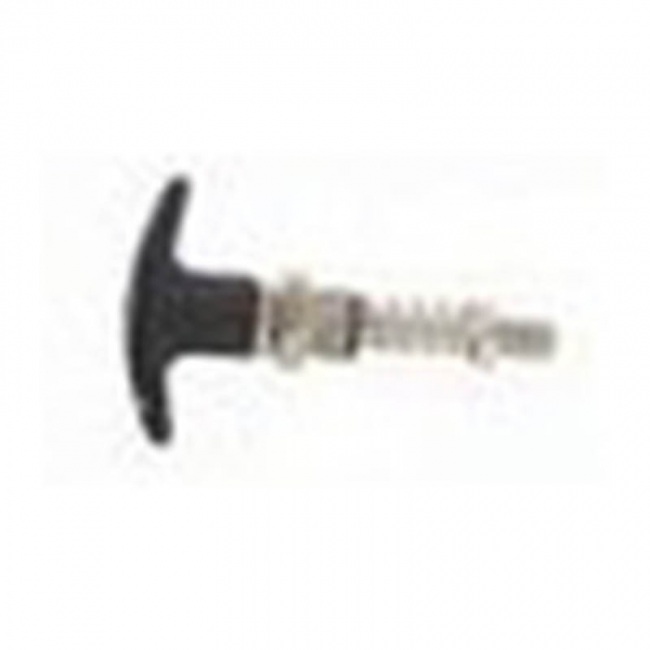

Bending the string behind the ball keeps the ball under the bridge and neck rather than letting it put direct pressure under the pin. Gently bend the string right under the ball at a 45-degree angle.Turun the tuning peg until the string is loose enough to remove by hand, then pry the bridge pin out of the bridge with a pin removal tool (you can also use pliers). Never remove a bridge pin when the string is tightened and secured to the tuning peg.

Loosen the string and remove the bridge pin.
#Pin pops how to
Here’s how to bend the string under the pin: You’ll notice this issue if the pin won’t stay in when you’re strumming harder than usual. When the string pulls the pin, it pops it out or loosens the pin quite often. Not only does it change the pressure point on the string, but it also prevents the string from putting too much pressure on the bridge pin. Bend the String Under the Pinīending the string under the pin makes a huge difference.
#Pin pops professional
If the problem persists, however, it may be a sign of a larger issue with the guitar, and it is recommended to consult a professional guitar technician for further assistance. Reinsert the pin: Gently push the bridge pin back into the hole in the bridge, making sure it fits snugly and securely.īy following these steps, you can fix guitar bridge pins that won’t stay in and restore your guitar’s tuning stability and string tension.You can purchase replacement bridge pins online or at a local guitar shop. Replace the pin: If the pin is damaged or worn, it may need to be replaced.This will help to create a tighter fit between the pin and the hole. Adjust the fit: If the bridge pin is loose, you can try to adjust the fit by wrapping a thin strip of paper around the pin to increase its diameter.If the string is not properly inserted, it can cause the pin to pop out. Check the string: Make sure the guitar string is properly inserted into the bridge pin.This will help remove any debris or buildup that may be causing the pin to slip. Clean the pin and hole: Use a soft, dry cloth to clean the bridge pin and the hole in the bridge.If the pin is damaged or the hole is worn, it may need to be replaced. Check the pin and bridge: Examine the bridge pin and the hole in the bridge where the pin is inserted for any damage or signs of wear.Be careful not to damage the pin or the bridge. Remove the bridge pin: Gently pull the bridge pin out of the guitar bridge using a bridge pin puller or pliers.Here are some steps to fix guitar bridge pins that won’t stay in: While they are designed to stay firmly in place, bridge pins can sometimes pop out, causing problems with tuning stability and string tension. Guitar bridge pins are small, tapered pegs that hold the strings in place at the bridge of an acoustic guitar. – Steel Wire for the armour protecting the insulating layers beneath.How tight should bridge pins fit? Bridge Pins Popping Out: How to Fix Guitar Bridge Pins That Won’t Stay In – PVC (Polyvinyl Chloride) for the bedding and sheathing – Cross-Linked Polyethylene for the Insulation – Plain Annealed Stranded Copper for the cores This cable is commonly identified by the following construction plain annealed stranded copper for the cores/conductors, polyvinyl chloride for the bedding and sheathing, cross-linked polyethylene for the insulation, with a steel wire armour protecting the layers beneath.Īlthough this cable is suitable for powering smaller, more domestic installations such as powering an outdoor shed or house as well as garden/water features, it is most commonly found within more industrial practices, as mentioned previously.Ģ40mm 4 Core Armoured Cable is constructed from the following materials It is also commonly found within powered networks such as within power stations and factories, etc. 240mm 4 Core Armoured Cable is a variant of steel wire armoured cable used for industrial electrical applications as well as being suitable for direct burial to carry mains electricity to various powered devices.


 0 kommentar(er)
0 kommentar(er)
